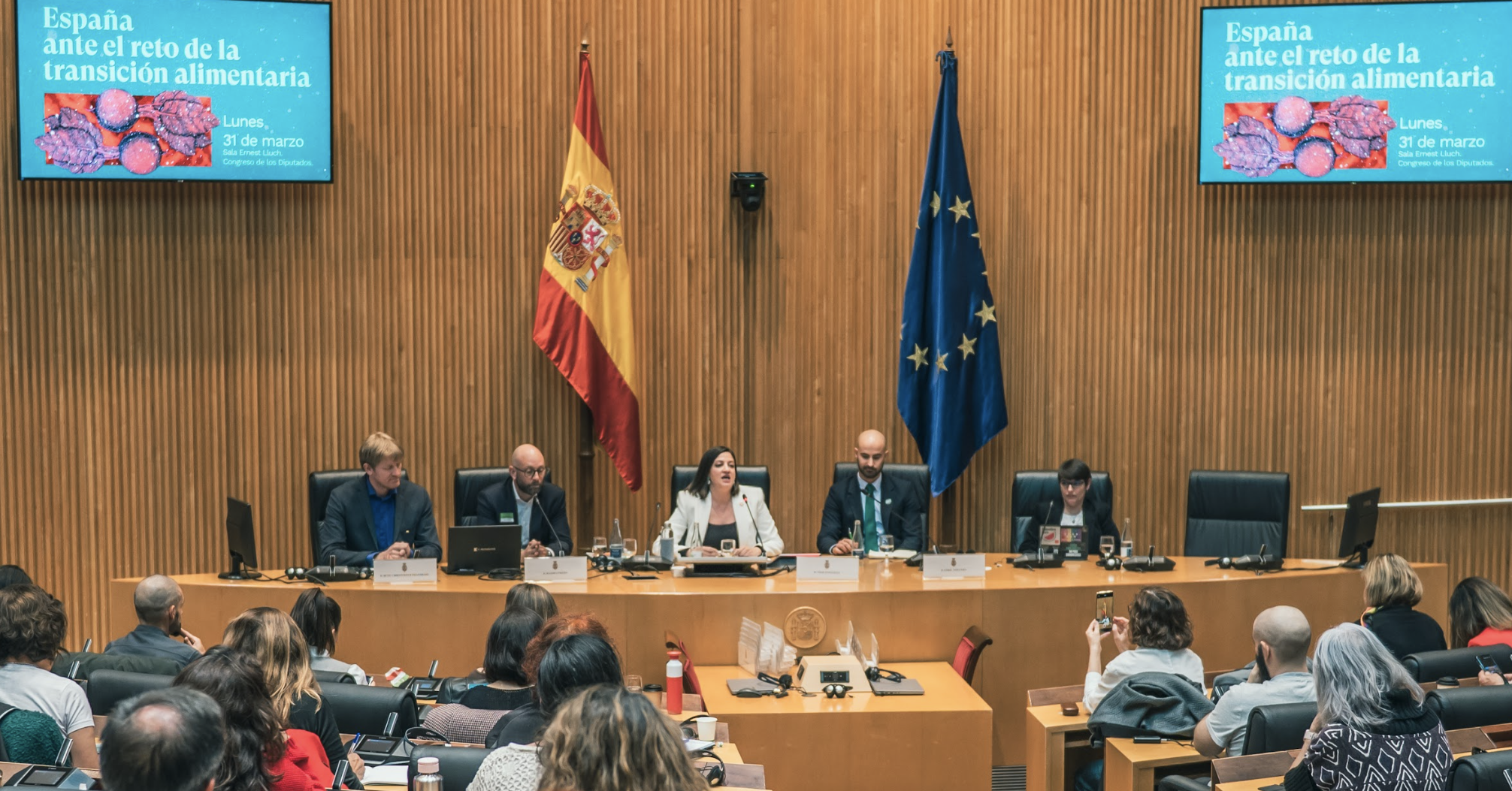If you would like to join a passionate team dedicated to improving animal welfare in the EU, Eurogroup for Animals could be the place for you! Please see below for details on how to apply to our two open vacancies.
Aquatic Animals Project Officer
We are looking for an Aquatic Animals Project Officer with a good working knowledge of aquatic animal welfare. This role will be responsible for producing top technical content, building and delivering advocacy, representing Eurogroup for Animals in different forums and more. Learn more about the details and our specifications in the job description.
- Contract duration: 15 months with the possibility to renew
- Remuneration: Negotiable based on experience
- Location: Hybrid based in Belgium
- Deadline to apply: Interviews will happen a rolling basis
Please send your application letter with your salary expectations and CV to jobs@eurogroupforanimals.org.
Meat and Carcasses Trade Project Officer
We are seeking a dynamic and experienced professional to join our project team, focusing on promoting a shift from the live animal transport to a meat and carcasses trade. The primary goal of this project is to engage key supply chain and societal stakeholders in facilitating this market-wide shift, ultimately reducing animal suffering and improving sustainability in the agricultural supply chain. Learn more about the details and our specifications in the job description.
- Contract duration: Employment contract
- Remuneration: Negotiable based on experience
- Location: Hybrid based in Belgium
- Deadline to apply: Interviews will happen a rolling basis
Please send your application letter with your salary expectations and CV to jobs@eurogroupforanimals.org.


